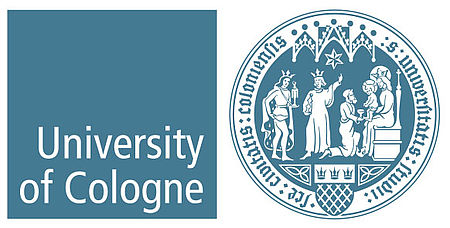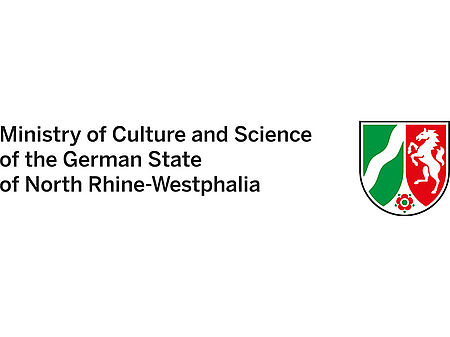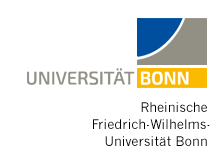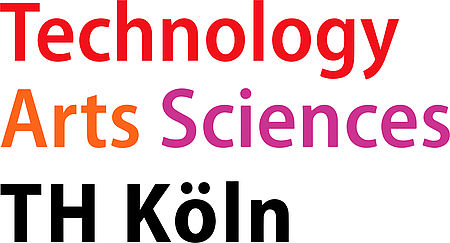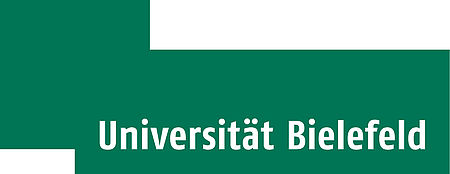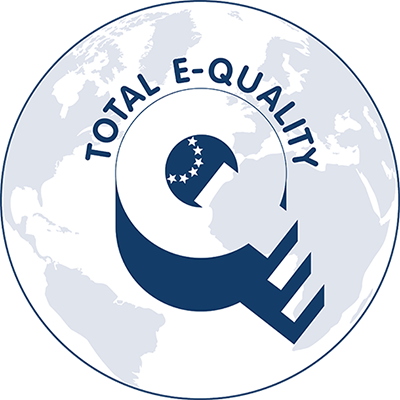Conference details
International Hepatitis E Symposium 2020
Abgesagt - Cancelled!
Robert Koch Institute Berlin, Germany
email: hepe@rki.de
Prof. Dr. C.-Thomas Bock
more information on: www.rki.de/SharedDocs/Termine/EN/meetings/HepE_Symposium_2020.html
More than 30 leading experts from Europe, Asia, Africa, and the United States will gather to discuss current data on hepatitis E on Global Health, One Health, Virology, and Clinical aspects/Personalized Health at this event.
Hepatitis E virus (HEV) infection, a previously neglected infectious disease, came into the focus of the science community just in the last decade. Initially associated with large outbreaks in countries with limited resources, it has been demonstrated recently that HEV infection can also be acquired autochthonously in industrialized regions. Today, HEV is the most common cause of acute viral hepatitis worldwide. Accompanied to this is the dramatic increase of reported cases of HEV infection to the public health authorities. Nevertheless, we are still at the beginning to understand the burden of HEV infections and no less important to understand the pathophysiology of HEV. What we have learned in the recent past years is that HEV can take different transmission routes depending on the genotype by either fecal/oral (HEV-1 or HEV-2) or zoonotic transmission (HEV-3 and HEV-4); however, the underlying mechanisms are still unclear. We have learned that HEV infection will cause not only acute hepatitis E but also can develop to chronic courses in immunocompromised individuals. Furthermore, extrahepatic manifestations are more commonly reported. Again, the mechanisms responsible for the variety of the clinical manifestations of HEV infections are still poorly characterized. Prevention and treatment options to combat hepatitis E are a challenge since an effective vaccine is still in a queue and the off-label use of ribavirin has its limitation.
Besides these multifarious open questions there are more and more emerging data important for the understanding of HEV infection including its pathophysiology, epidemiology, and clinical manifestation. It became apparent that multidisciplinary efforts are needed to characterize in detail the impact of HEV on Global Health, One Health, Personalized Health/Clinics and Virology.
In our opinion it is now time again to exchange new data and to discuss recent findings on HEV infection at the “International Hepatitis E symposium 2020” in Berlin. Berlin is the pulsing capital of Germany not only for the young and the young at heart with uncountable bars, pubs and clubs but also for the culture enthusiasts with border-crossing theaters, operas, the Berlin Philharmonic Orchestra, and museums including the nearby open-air wall museum. Especially in spring and the merry month of May Berlin is a wonderful city where you can enjoy the atmosphere in one of the many sidewalk cafés or numerous parks and green spaces.
On behalf of the Organizing Team, we invite you to join us in Berlin at the “International Hepatitis E Symposium” in August 2020!
Thomas Bock & Heiner Wedemeyer

